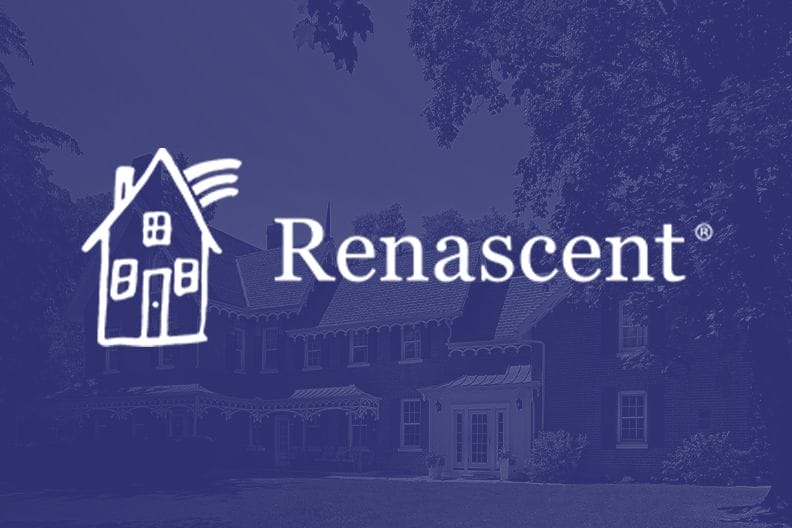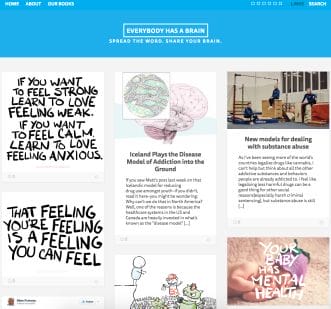by Mark Freeman
After recovering from a bunch of mental health issues, including addiction, and getting into an active recovery lifestyle, I was shocked by how little I saw recovery discussed in the media. It’s easy to turn on the news and see salacious details of a celebrity’s addiction disasters but that wasn’t going to help me in staying healthy.
So I got some friends together and we started an online community called Everybody has a Brain to generate dialogue around recovery and proactive approaches to maintaining great mental health. We have over 200,000 followers across all of our social media channels and that community has been a great support in recovery.
Over the past two years of sharing personal stories on social media, here are a few of the things we’ve learned about doing it in a way that supports recovery:
1. Shift your focus from illness to health. As quickly as possible, start building a community online around where you’re going: improved health and well-being. In the past, I built relationships around solving problems, but then I needed those problems so I could feel successful solving them. And then I always wondered why problems just followed me around. So now I focus on building health, and health just follows me around.
2. Don’t post to get feedback from people. If you’re posting online just to get a reaction out of people and you’re judging yourself based on those reactions, that’s going to lead to lots of anxiety and self-hatred. Acting that way online in the past led to me acting as somebody I wasn’t. Now I keep my online self aligned with my offline self.
3. Post on social media to provide value to others. In the past I struggled with all sorts of compulsions and anxieties related to what other people thought about me. So I knew that I had to make the goal of my social media presence focused on things I can control: my actions, and not on things I can’t control: other people’s actions. I consciously set (and wrote down) a goal to only post things that provide people with useful info and tools. If nobody “likes” or shares it, that’s fine. I was successful the moment I posted something I found valuable.
4. Let go. If I spent all of my time running around the Internet correcting misinformation about mental illness and addiction, I would never accomplish anything. The experience of recovery provides us with unique insight, but if we use that like a weapon to control others, it’s only going to create stressful situations pushing us into compulsive behaviours to try to control that stress. So I’ve had to learn to let go and focus on what I create.
5. Recovery is a 24/7 business. Recovery takes up all of my time. I put in years of practice getting good at my old unhealthy way of living. Now I need to put in as much time on being healthy. There’s so much I still don’t know about living a healthy lifestyle, so that’s where I choose to invest my time and that’s what I want to build support around. If anybody visits any of my social media profiles, it’s very clear what I value. That attracts other people who are going to be supportive of the journey I’m on now.


